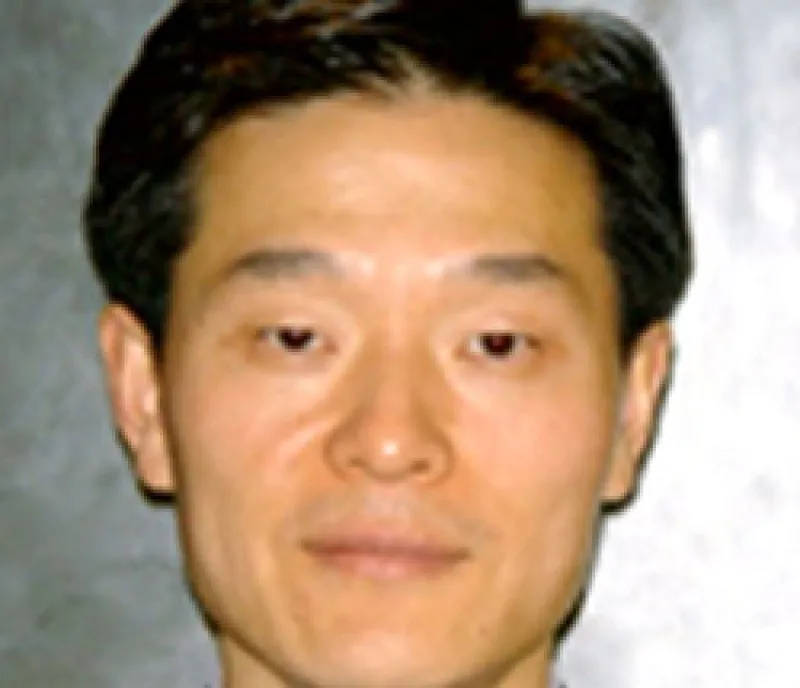Finally!
After getting the markets wrong for 3 ½ years, Tiger Asia’s Bill Hwang may finally be enjoying his vindication.
The once-vaunted Tiger Seed was up 12 percent in May as his huge bets against Chinese stocks may finally be paying off.
The Shanghai Index is down 10 percent from its recent peak.
Meanwhile, a growing accounting scandal in China threatens to take down a large number of stocks. The Wall Street Journal recently reported that since February, nearly 40 Chinese companies have either acknowledged accounting problems or have seen U.S. regulators stop trading in their stocks due to accounting questions.
A big problem are the so-called reverse mergers, which have given foreign companies a back-door into a U.S. listing by being acquired by a U.S.-based shell company. Then the foreign company takes control. In fact, back in March, the PCAOB reported that 159 of the 215 Chinese companies that went public in the U.S. did so via reverse mergers.
On Thursday the Securities and Exchange Commission issued an Investor Bulletin about investing in companies that enter U.S. markets through so-called “reverse mergers.”
“Given the potential risks, investors should be especially careful when considering investing in the stock of reverse merger companies,” said Lori J. Schock, Director of the SEC’s Office of Investor Education and Advocacy, in a statement. “As with any investment, investors should thoroughly research the company – including ensuring there is accurate and up-to-date information – before making a decision to invest.”
Interestingly, this is how British hedge fund firm GLG Partners went public in the U.S. several years ago, before being acquired by MAN Group.
Hwang, a son of a Korean pastor, launched Tiger Asia in January 2001 with $16 million of Robertson’s and his own money after serving as Robertson’s Korea and Asia expert for several years.
Despite his strong May, he is still down 14 percent through May and now runs slightly more than $1 billion. And about $400 million is said to be his own money.
The problem is since August 2008, the one-time hotshot manager has rarely gotten the big picture right. He was actually up 25 percent at the time, but suffered big losses from Lehman’s bankruptcy and shorting Porsche. He also turned bullish too early that fall. As a result, he wound up losing 23 percent that year.
Then as the markets were bottoming in 2009, Hwang turned bearish, and has remained that way, missing out on the huge global stock market rally. He was only up 3 percent in 2009 and 1 percent in 2010.
Says one investor: “He’s taking a lot of risk. He is the only one standing up and shorting China.”
The big question is whether this is Hwang’s last stand or a shrewd play that will make vaunt him to legendary status in two years.
We’ll be watching.







